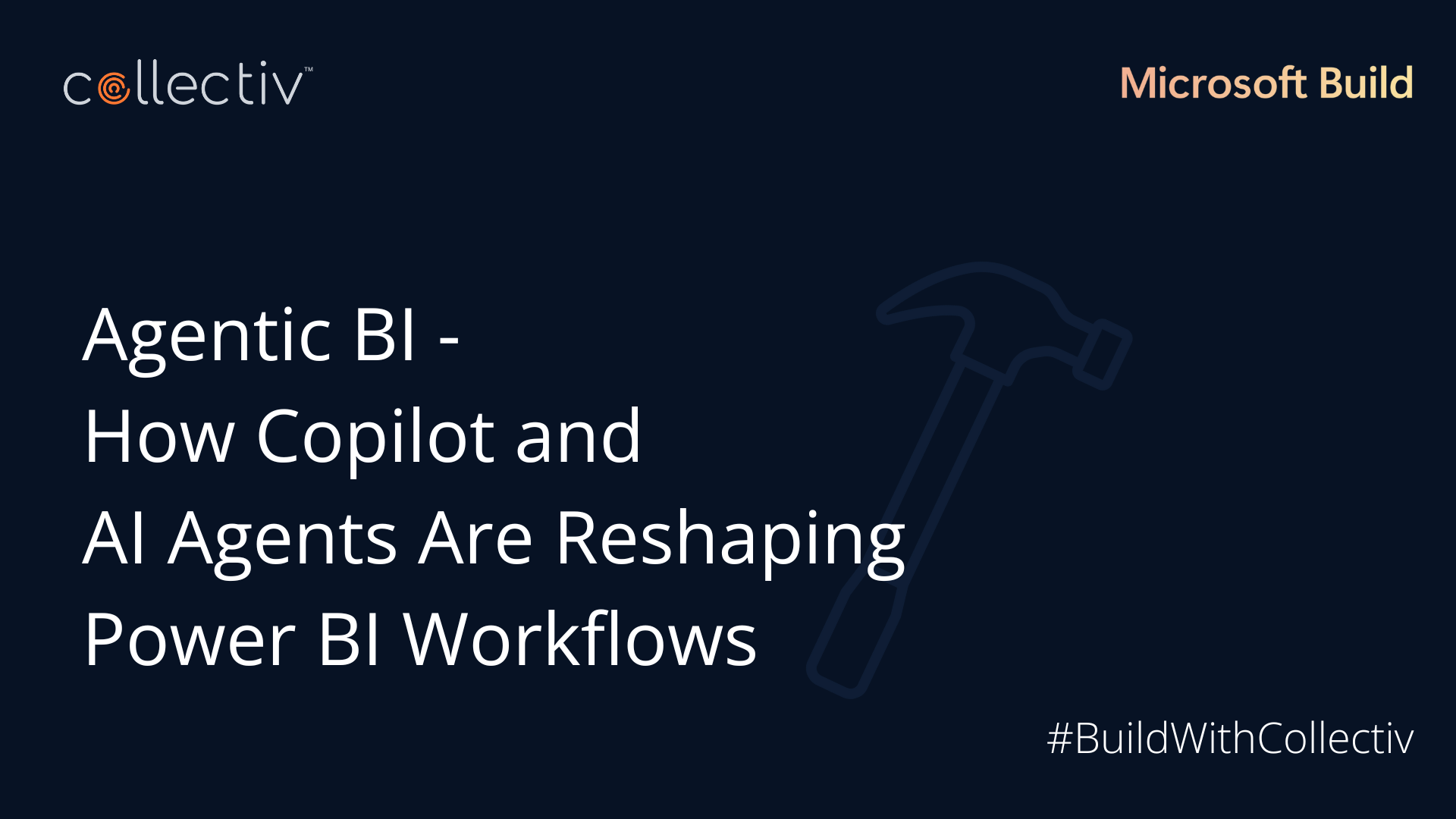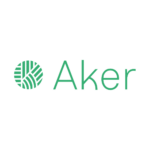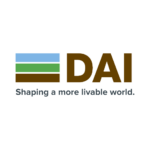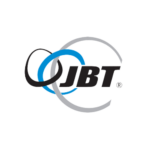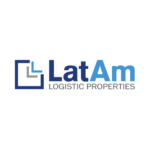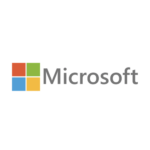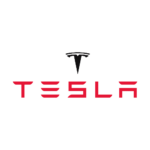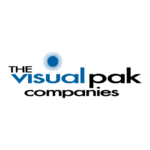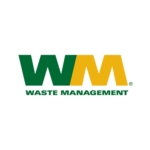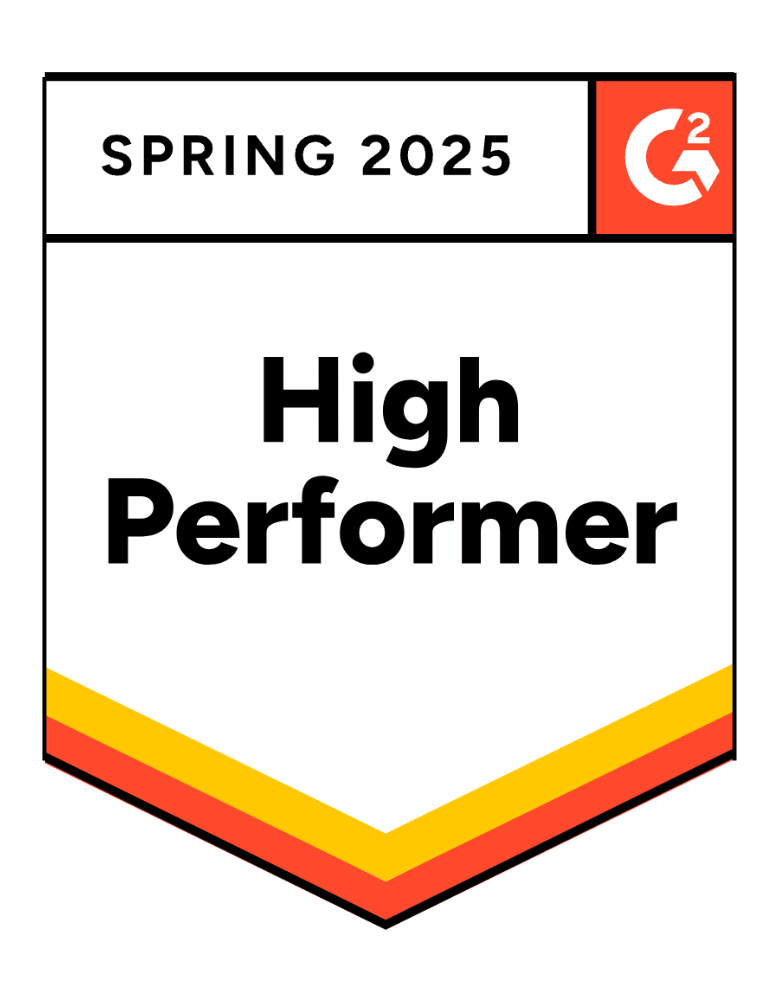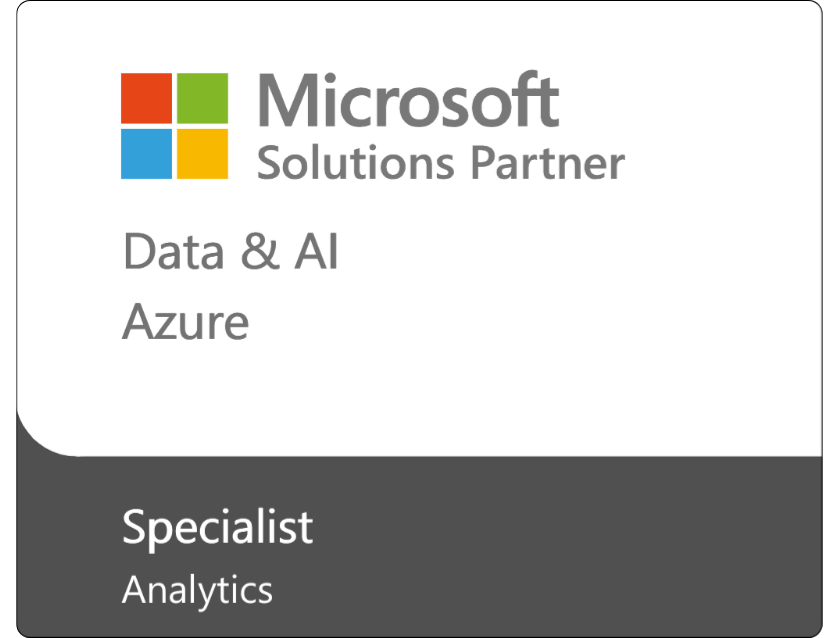Figuring out the upfront costs and licensing arrangements for Power Platform isn’t as straightforward as generating a Power BI report. Most people—from IT professionals and business users to analysts and even experienced consultants like ourselves—find the process complicated and hard to navigate.
Word on the street is that Microsoft is shifting its strategy to eliminate these pain points by streamlining licensing and lowering the friction to adoption. They plan to create new SKUs, use an easy-to-understand licensing approach, and pre-build some applications with Power Apps to deliver high upfront value.
The new structure will also make it easier for IT consultants and business users to understand the licensing and associated costs to make the right decisions for their clients and organizations.
Microsoft will preview this new collection of apps, internally dubbed Power House, during the first half of 2023. Here’s what we know so far about these changes, and how they may impact you.
What Can We Expect From the New Power House?
Microsoft Power House will make it easier for users to get started with all the robust Power Platform applications.
Let’s say an organization wants to start using Power BI. The adoption process will be much easier with the new licensing arrangement as Microsoft will bundle the application with the Office desktop application, rather than requiring separate subscriptions for each app.
More people in a wider variety of departments will be able to access the powerful data analytics application, while Microsoft will gain more users.
How Will Changes in Licensing Reflect End User Needs?
Power Platform licensing has always been tricky due to its complex features, and users have been vocal about what they’d like to see.
It seems Microsoft listened to its customers and is taking steps to simplify its packages.
Based on what we know, it’ll likely bundle individual apps from Power Apps and make them available via a single Power House license. This update will make things much easier for both end users and decision-makers.
Instead of spending hours strategizing how to make Power BI, Power Apps, Power Automate, and Power Virtual Agents work together, users simply buy a unified solution. No longer will users have to worry about getting more budget to add capabilities a few months down the road or sorting out the most cost-effective licensing arrangement.
Everything We Know So Far About the Power House Roll-Out
Microsoft is still ironing out the roll-out details, but we can help answer some questions you may have.
How Will the Roll-Out Look in Practice?
Users can access app templates from Microsoft and third-party vendors to get tremendous value from the platform from day one.
Once everyone in your organization has a Power House “per user” license, you will unlock the most advanced capabilities immediately and across the board.
When Will The Changes Start to Roll Out?
Microsoft plans to include Power House apps in the premium packages and announce more than 10 of them during its fiscal year 2024 (July 2023-June 2024.)
Microsoft will also get third-party developers to introduce Power House template apps through its online marketplace, AppSource.
What Departments Will Benefit From This Update?
Every department in an organization stands to benefit from the proposed Power House, even departments that have never been in Power Platform before. Every business function—from operations and accounting to marketing, sales, and finance—will get value from Power Apps.
In addition to eliminating implementation pain points that may have prevented some departments from adopting this technology, simple licensing is another major barrier to adoption that Microsoft is eliminating. This important change will help increase the number of departments that are able to integrate Power Platform capabilities into their tech stack.
Power House will also help organizations revolutionize their data processes and migrate workflows to the cloud. This is a sweeping, cross-department benefit throughout an entire organization.
Making the Most of These Changes
Microsoft Power House makes it easier and more accessible for more people in your organization to tap into the power of these applications.
But having access is just the first step—you need expert support to connect the dots and make these tools work together to maximize the ROI.
Collectiv has expertise across the Microsoft data stack, so we can help you harness the power of this new and improved version of Power Platform. We’ll guide you through these licensing changes and help you implement these tools to generate even more value for your enterprise.
Get in touch to see how we can help.




